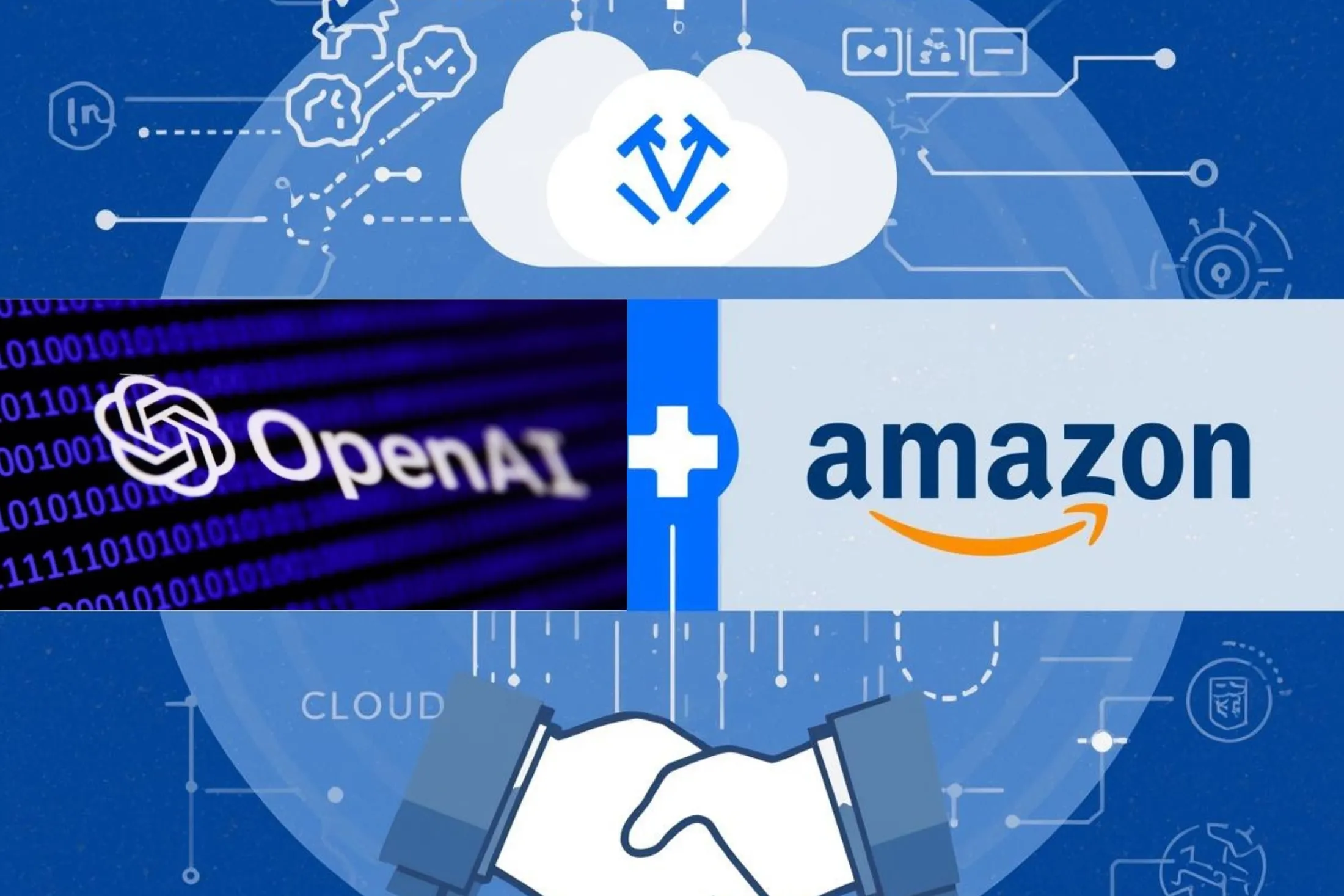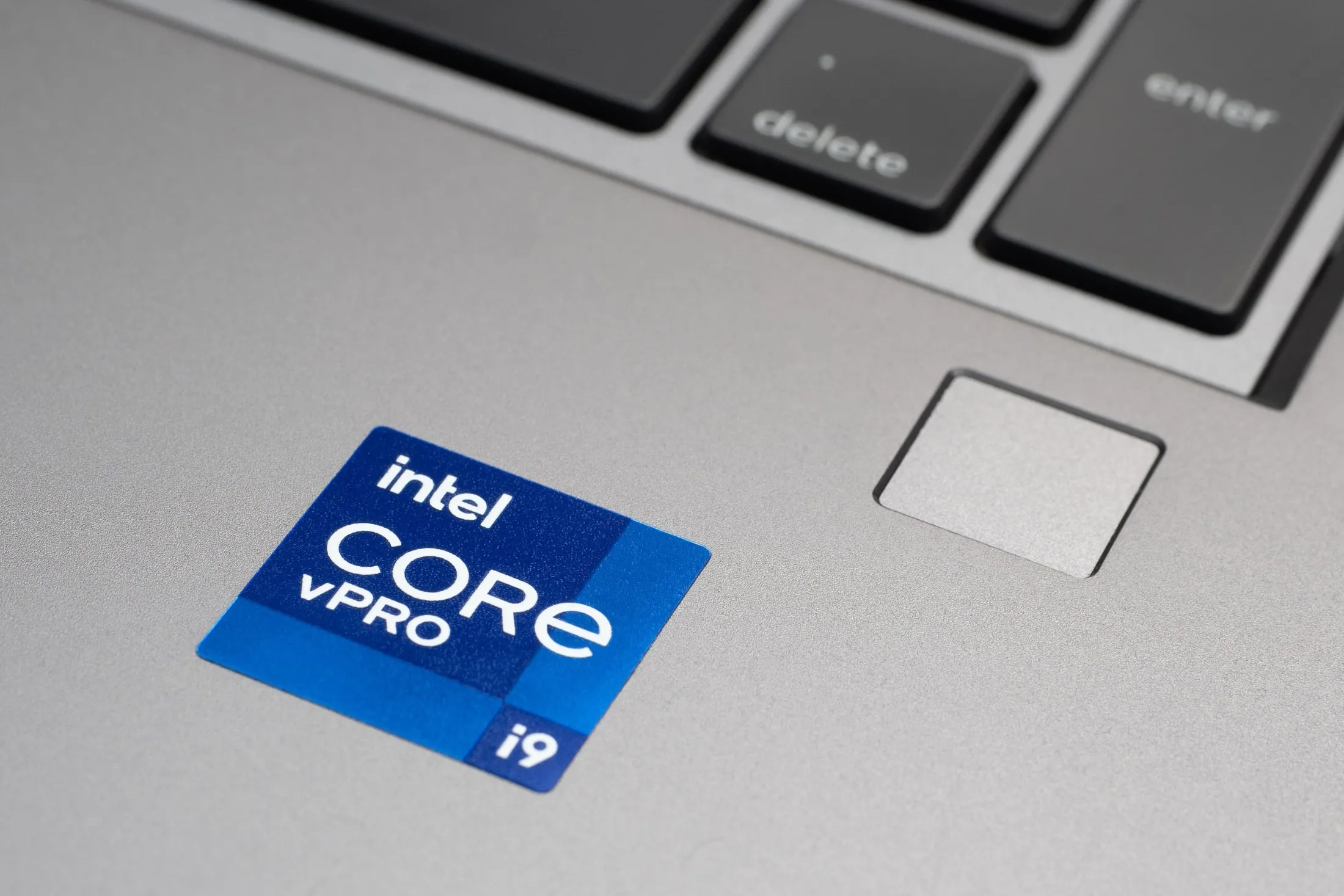Business Technology News Roundup: Nov 07, 2025
In the week of November 3–7, 2025 the U.S. tech world saw blockbuster AI cloud deals, regulatory pressure from the EU, intensifying government-shutdown impacts on tech infrastructure, Intel’s global retail push for AI PCs, and major cloud startup-Microsoft partnerships.
The week of November 3 to 7, 2025 delivered several high-impact developments in U.S. technology and how it interacts with global regulation, infrastructure and business strategy. The big headlines ranged from massive AI and cloud deals to regulatory collisions between the U.S. and EU, global retail deployment of AI-branded PCs, pressure on government tech systems during a prolonged shutdown, and deep-pocket partnerships in the startup cloud space. For tech consultancies, CIOs and enterprise IT teams, these shifts are more than news, they are signals of change across business models, vendor ecosystems and regulatory risk. Below are five of the most important stories of the week.
Stories

On November 3, 2025, OpenAI revealed a landmark agreement to acquire cloud services from Amazon Web Services over the next seven years, valued at approximately $38 billion.
Under this deal, OpenAI will deploy hundreds of thousands of Nvidia-powered accelerators in AWS data centers in the U.S., ramping capacity significantly by the end of 2026 and into 2027. The move is a pivotal step in OpenAI’s shift away from its longstanding reliance on a single cloud partner and suggests it is aggressively preparing for the next wave of generative AI and large-scale inference workloads.
For AWS, this is a strong validation of its cloud leadership and places it squarely at the heart of large-scale AI infrastructure. For enterprise IT and consultancies, the implications are clear: the demand for high-end cloud computes is expanding rapidly, and the business models around AI computes, GPU leasing, and data-center scale are evolving. Organizations should anticipate rising compute pricing, tighter supply of premium hardware and vendor-lock pressures as AI-infrastructure becomes more strategic rather than purely operational.

Intel has rolled out experiential pop-up stores in five major cities worldwide. New York, London, Munich, Paris and Seoul, targeting the lead-up to the holiday shopping season. These “AI Experience” stores spotlight laptops from major manufacturers (Asus, Dell, HP, Lenovo, Samsung) claiming to deliver AI-enhanced performance, many of them built around Intel’s upcoming “Panther Lake” processors (18A process node). The Munich location reportedly even showed prototype Panther Lake laptops.
Although Intel’s marketing emphasizes AI capabilities, industry commentary suggests that many buyers are still purchasing PCs for replacement rather than AI features, and that older Intel chips (Raptor Lake) are currently outperforming the new generation in sales. Nevertheless, Intel’s initiative underscores how “AI” is being branded and pushed down into mainstream hardware. For IT-consultancy and device-strategy teams, the relevance lies in planning hardware refreshes, assessing vendor claims around “AI PCs”, and ensuring purchasing decisions align with real business need rather than marketing hype.

According to a report from the Financial Times, the European Commission is considering pausing or simplifying certain provisions of its flagship Artificial Intelligence Act, in response to pressure from major U.S. tech firms (Meta, Alphabet) and the U.S. government. The AI Act, which came into force in August 2024 but is being implemented in phases, is widely regarded as the most ambitious regulatory regime for AI globally.
The reported move is part of a wider discussion on trade tensions, technology regulation, the competitiveness of European industry and the need for regulatory alignment with non-EU jurisdictions. For companies operating globally, the key takeaway is that regulatory risk in AI isn’t stable, those building AI systems must prepare for evolving rules, diverging regional compliance regimes, and possible delays in implementation. IT consultancies should advise clients to adopt flexible AI governance frameworks that can adapt to shifting regulation rather than treating legal compliance as a one-time checklist.

By early November 2025, the U.S. federal government shutdown had entered its sixth week, the longest in the nation’s history with meaningful consequences for technology programs, contractor operations and agency readiness.
Reports highlight mounting strain on federal cybersecurity functions (such as Cybersecurity and Infrastructure Security Agency (CISA)), delayed procurements for IT modernization, furloughs of technology-support staff and disruptions in data-collection and regulatory monitoring operations. For private-sector tech vendors and consultants, this means delayed contracts, increased risk in supply-chain continuity and heightened vigilance around defense, infrastructure and government-connected tech engagements. Clients with federal exposure should assess whether shutdown-related delays could affect their vendor procurement or servicing timelines.

In a little-noticed but strategically significant move, AI-cloud startup Lambda announced that it has entered into a multi-billion-dollar agreement with Microsoft to deploy tens of thousands of Nvidia graphics-processing units for large-scale AI workloads. While Lambda did not publicize the full value of the deal, the scale signals increasing competitiveness in the cloud-AI market, beyond the hyperscale giants. For consultancies and enterprise customers, this signals that competition around cloud compute for AI is intensifying, potentially driving more favorable vendor terms, specialized options and regional compute alternatives. The effect for business buyers: revisit compute-commitment assumptions, negotiate aggressively and understand how vendor differentiation may shape infrastructure strategy.

On November 3, 2025, OpenAI revealed a landmark agreement to acquire cloud services from Amazon Web Services over the next seven years, valued at approximately $38 billion.
Under this deal, OpenAI will deploy hundreds of thousands of Nvidia-powered accelerators in AWS data centers in the U.S., ramping capacity significantly by the end of 2026 and into 2027. The move is a pivotal step in OpenAI’s shift away from its longstanding reliance on a single cloud partner and suggests it is aggressively preparing for the next wave of generative AI and large-scale inference workloads.
For AWS, this is a strong validation of its cloud leadership and places it squarely at the heart of large-scale AI infrastructure. For enterprise IT and consultancies, the implications are clear: the demand for high-end cloud computes is expanding rapidly, and the business models around AI computes, GPU leasing, and data-center scale are evolving. Organizations should anticipate rising compute pricing, tighter supply of premium hardware and vendor-lock pressures as AI-infrastructure becomes more strategic rather than purely operational.

Intel has rolled out experiential pop-up stores in five major cities worldwide. New York, London, Munich, Paris and Seoul, targeting the lead-up to the holiday shopping season. These “AI Experience” stores spotlight laptops from major manufacturers (Asus, Dell, HP, Lenovo, Samsung) claiming to deliver AI-enhanced performance, many of them built around Intel’s upcoming “Panther Lake” processors (18A process node). The Munich location reportedly even showed prototype Panther Lake laptops.
Although Intel’s marketing emphasizes AI capabilities, industry commentary suggests that many buyers are still purchasing PCs for replacement rather than AI features, and that older Intel chips (Raptor Lake) are currently outperforming the new generation in sales. Nevertheless, Intel’s initiative underscores how “AI” is being branded and pushed down into mainstream hardware. For IT-consultancy and device-strategy teams, the relevance lies in planning hardware refreshes, assessing vendor claims around “AI PCs”, and ensuring purchasing decisions align with real business need rather than marketing hype.

According to a report from the Financial Times, the European Commission is considering pausing or simplifying certain provisions of its flagship Artificial Intelligence Act, in response to pressure from major U.S. tech firms (Meta, Alphabet) and the U.S. government. The AI Act, which came into force in August 2024 but is being implemented in phases, is widely regarded as the most ambitious regulatory regime for AI globally.
The reported move is part of a wider discussion on trade tensions, technology regulation, the competitiveness of European industry and the need for regulatory alignment with non-EU jurisdictions. For companies operating globally, the key takeaway is that regulatory risk in AI isn’t stable, those building AI systems must prepare for evolving rules, diverging regional compliance regimes, and possible delays in implementation. IT consultancies should advise clients to adopt flexible AI governance frameworks that can adapt to shifting regulation rather than treating legal compliance as a one-time checklist.

By early November 2025, the U.S. federal government shutdown had entered its sixth week, the longest in the nation’s history with meaningful consequences for technology programs, contractor operations and agency readiness.
Reports highlight mounting strain on federal cybersecurity functions (such as Cybersecurity and Infrastructure Security Agency (CISA)), delayed procurements for IT modernization, furloughs of technology-support staff and disruptions in data-collection and regulatory monitoring operations. For private-sector tech vendors and consultants, this means delayed contracts, increased risk in supply-chain continuity and heightened vigilance around defense, infrastructure and government-connected tech engagements. Clients with federal exposure should assess whether shutdown-related delays could affect their vendor procurement or servicing timelines.

In a little-noticed but strategically significant move, AI-cloud startup Lambda announced that it has entered into a multi-billion-dollar agreement with Microsoft to deploy tens of thousands of Nvidia graphics-processing units for large-scale AI workloads. While Lambda did not publicize the full value of the deal, the scale signals increasing competitiveness in the cloud-AI market, beyond the hyperscale giants. For consultancies and enterprise customers, this signals that competition around cloud compute for AI is intensifying, potentially driving more favorable vendor terms, specialized options and regional compute alternatives. The effect for business buyers: revisit compute-commitment assumptions, negotiate aggressively and understand how vendor differentiation may shape infrastructure strategy.
Stay Connected: Follow NDIT Solutions on LinkedIn, for more insights and updates.
Need Expert IT Guidance? Our team of experienced consultants is here to help your business navigate the complex world of IT. Contact us today at info@nditsolutions.com or call 877-613-8787 to learn how we can support your technology needs.
See you next week for another round of essential IT news!

.webp)






